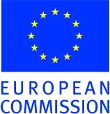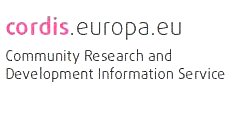What is ethics in science?
Societal acceptability of scientific research requires sound ethical reflection. The complexity of modern sciences and the rapid progress in research and development require that up-to-date information is available in order to make such reflection possible. Moreover, the European society is characterized by a rich plurality of ethical, legal and cultural traditions. This plurality, all the more, calls for an intensive exchange on normative aspects of science. If the European Research Area is to fully realize its potential to become a leading place of innovation worldwide that is at the same time fully integrated within the European society and that is based on a set of shared European values, it is essential that scientific development is underpinned by highly informed ethical reflection and normative exchange. It is the overall aim of ETHICSWEB to stimulate an enhanced democratic debate on ethical issues of science and to promote a more engaged and informed public. The only way to reflect and stimulate the cultural, legal, and ethical diversity in the whole of Europe is by providing free and easy access to this diversity.
Ethics in science has increasingly become an important issue in democratic societies, especially subsequent to the rise of the modern life sciences. After important discoveries in the field of biology ethical reflection of scientific work and its results has come into focus. Naturally, the complex of bioethics, understood as medical ethics, is prominently represented. Furthermore closely related topics, like environmental ethics, animal ethics which can be subsumed under a broader understanding of bioethics also take up much space. But ETHICSWEB is not restricted to life sciences in the strict sense, but is principally open to all sciences which can be addressed by ethical questions.



